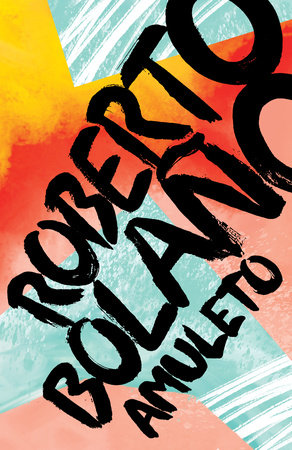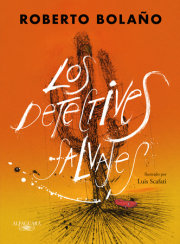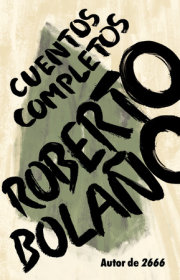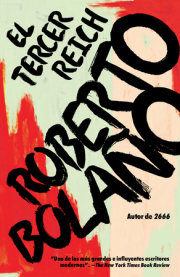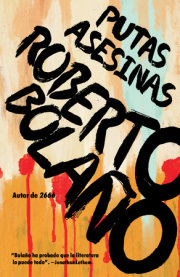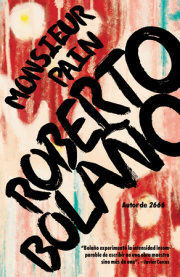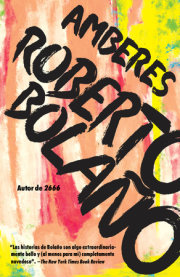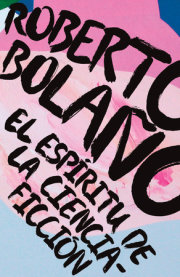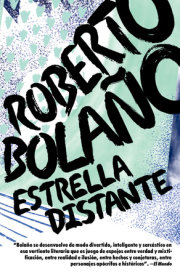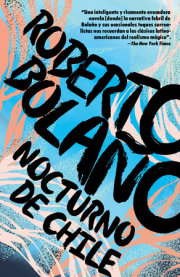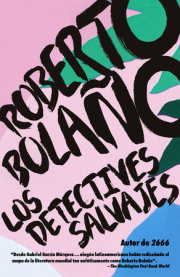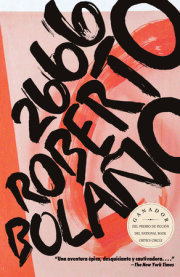«Amuleto es una obra menor, intimista, con una voz delirante que no ofrece contrapuntos, o que ofrece pocos contrapuntos. Es una obra de cámara o de un solo instrumento. Eso sí: de un solo instrumento, pero para alguien que sepa dar el callo con ese instrumento.» —Roberto Bolaño
Auxilio Lacouture se considera a sí misma «la madre de todos los mexicanos» y «la madre de la poesía mexicana». Uruguaya de nacimiento, residente de México D.F., abonada a los trabajos humildes y esporádicos durante el día, incansablemente inmersa en la bohemia nocturna de la ciudad, todo cambia para ella el 18 de septiembre de 1968, cuando el ejército toma posesión del campus de la Universidad Nacional Autónoma de México y ella queda encerrada en los baños de la facultad de filosofía y letras.
A lo largo de trece días de encierro y aislamiento forzado, por sus ojos transitan la poetisa Lilian Serpes, amante a su vez del Che Guevara; los poetas españoles León Felipe y Pedro Garfias; el malogrado alter ego de Bolaño Arturo Belano. De este modo, Auxilio reflexiona sobre la senda y los pasos dejados atrás y los que, aún y cada vez más, restan sumidos en las sombras de un país de incierto futuro.
ENGLISH DESCRIPTION
A tour de force, Amulet is a highly charged first-person, semi-hallucinatory novel that embodies in one woman's voice the melancholy and violent recent history of Latin America.
Amulet is a monologue, like Bolano's acclaimed debut in English, By Night in Chile. The speaker is Auxilio Lacouture, a Uruguayan woman who moved to Mexico in the 1960s, becoming the "Mother of Mexican Poetry," hanging out with the young poets in the cafés and bars of the University. She's tall, thin, and blonde, and her favorite young poet in the 1970s is none other than Arturo Belano (Bolano's fictional stand-in throughout his books).
As well as her young poets, Auxilio recalls three remarkable women: the melancholic young philosopher Elena, the exiled Catalan painter Remedios Varo, and Lilian Serpas, a poet who once slept with Che Guevara. And in the course of her imaginary visit to the house of Remedios Varo, Auxilio sees an uncanny landscape, a kind of chasm. This chasm reappears in a vision at the end of the book: an army of children is marching toward it, singing as they go. The children are the idealistic young Latin Americans who came to maturity in the '70s, and the last words of the novel are: "And that song is our amulet."

